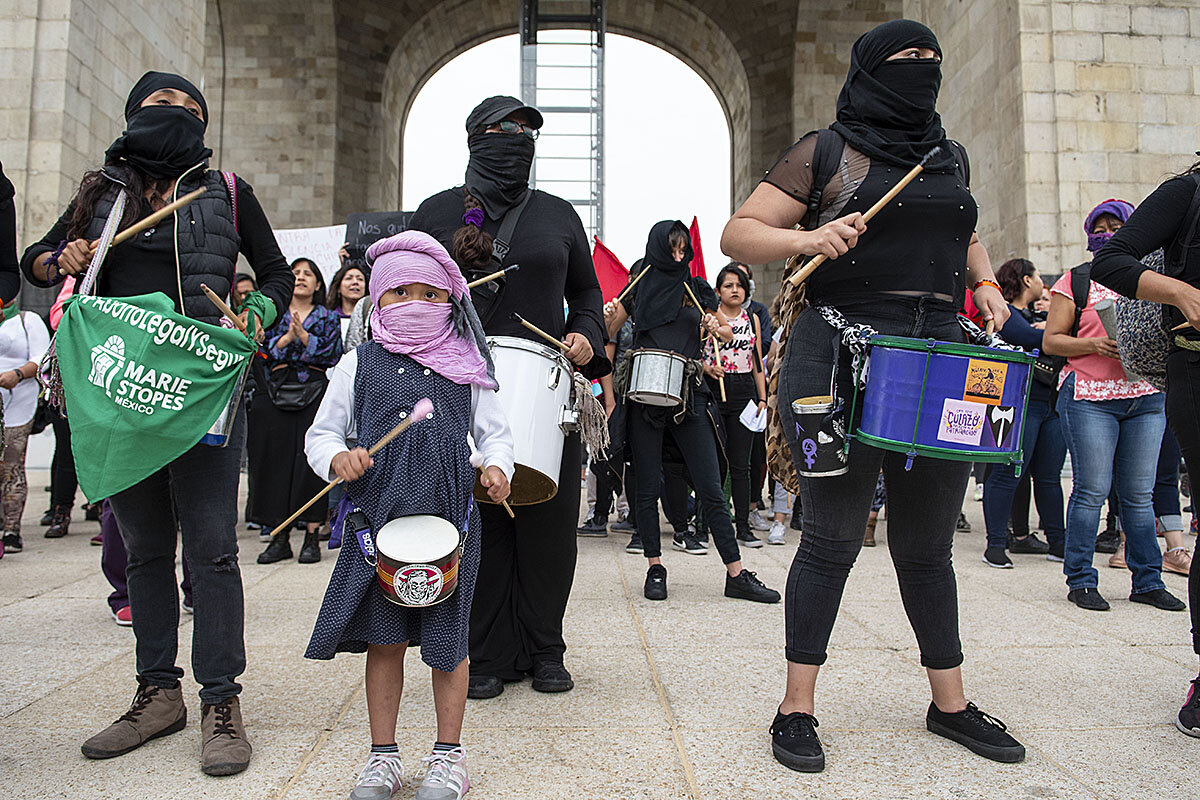Whose interpretations will hold sway in the Trump impeachment inquiry? Getting anyone to change positions either way will be difficult amid thickets of allegations and counter-allegations.
Monitor Daily Podcast
- Follow us:
 Mark Sappenfield
Mark Sappenfield
Today’s five hand-picked stories look at the “fog” of impeachment in the United States, how the Taliban see peace, new models of change emerging in Mexico’s feminist protests, a quirky portrait of China in Africa, and goodness on the silver screen.
First, an intriguing lesson from history.
For its first 222 years, America had one impeachment proceeding. Now, it is facing the prospect of a second in 21 years. Yet that first impeachment of President Andrew Johnson in 1868 is instructive.
The 1868 impeachment fight, the , “was a fight over the future direction of the United States; a fight with implications that reverberate to this day. Johnson’s real crime in the eyes of opponents was that he had used the power of the presidency to prevent Congress from giving aid to the four million African-Americans freed after the Civil War.”
In other words, that impeachment was less about the actual charges and more the product of a deep national divide in which the House and the president were on opposite and apparently irreconcilable sides – a political echo of the Civil War itself.
Tellingly, the American impeachment that never happened – the resignation of President Richard Nixon – also came at a time of tremendous national upheaval, in the echo of the Vietnam War and the civil rights movement.
The facts of the current case will come to light in due course, and the concern is . But amid a time of partisanship unprecedented in modern history, the past offers insights, too.












